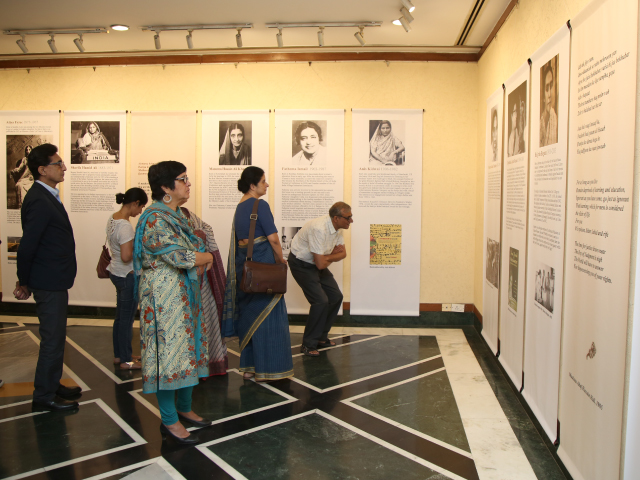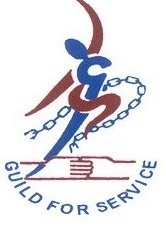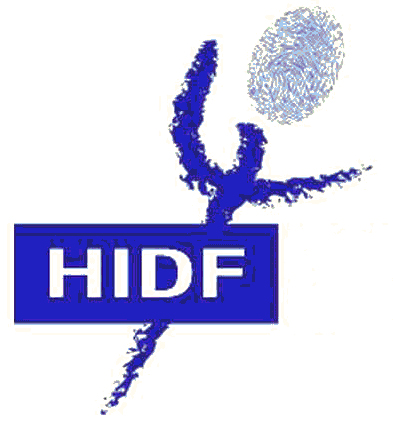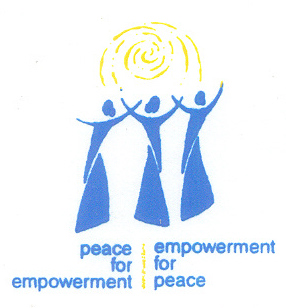Yehi aayeen e qudrat hai yehi asloob e fitrat hai
Jo hai raah e amal mein gaamzan mehboob e fitrat hai
Whoever strides the path of action is beloved of Nature
-Iqbal

Who we are
Muslim Women’s Forum (MWF) is a not for profit organisation formed in 2000 by a group of concerned Muslim women and men including Dr. Syeda Hameed, Mrs. Saeeda Khurshid, Dr. Sughra Mehdi and Dr. Aziz Qureshi. The aim of the Forum is to work for the empowerment, inclusion and education of Muslim women. The primary function of the forum is to provide Muslim women a platform for expressing their aspirations and opinions on matters directly affecting their lives.
The organization holds a unique position as it acts as a catalyst along with various stakeholders in addressing a range of issues pertaining to Muslim women in the Indian context. Education upliftment, economic self-reliance, social development, legal reform and political empowerment are essential for any reform movement. MWF advocates a comprehensive scheme for Muslim women.
The distinct feature of MWF is that it derived its base from the most liberal, gender sensitive and compassionate understanding of, first and foremost, the Quran, then the Hadith and Sunnah. We believe in the basic and fundamental principle of Islam, which views both men and women as equal in status and worth, which is also enshrined in the Constitution of India.
The Forum is committed to a positive dialogue between government, the ulema, the civil society and beneficiaries of its projects; primarily to help women to help themselves.
Kitna kas bal tha bahon mein lahu mein kitni laali thi..
Kuch manjhi the unjaan bahut
Kuch undekhi manjdharein thein
Ab tumhi kaho kya karna hai
Ab kaisey paar utarna hai?
We had strength in our arms and redness throbbed in our blood…
Some boatmen were novices some rip tides were unknown
Now tell us what needs doing and how to go across?
-Faiz Ahmed Faiz
The Journey
In 2000 Dr. Syeda Hameed, after the completion of her term at the National Commission of Women, started the Muslim Women’s Forum. It was the outcome of the Report she wrote for the National Commission titled ‘Voice of the Voiceless: Status of Muslim Women in India’. She had toured the country listening to voices of Muslim women who came out in hundreds to the Public Hearings. Having submitted the report to NCW, she felt the need to continue this work.
With Dr Sughra Mehdi, Professor of Urdu at Jamia Millia Islamia, she registered Muslim Women’s Forum. Begum Saeeda Khurshed (daughter of President Dr Zakir Husain) was its first President.
MWF was the need of the hour. Colloquiums on Purdah in Islam were held at a time when miscreants were throwing acid on the face of girls who went uncovered. They propagated the Quranic injunction extolling modesty in dress for men and women without any directive to cover faces. They dealt with individual cases where Islam had been used by a patriarchal society for inflicting violence against women. A major step was taken by bringing the Ulema and Women on one stage to discuss ways whereby the Quran’s directive to Muslims that women be treated with utmost dignity becomes ingrained in minds of the Ummah, as enshrined in the Constitution of India.
MWF created space and a platform for a spectrum of stakeholders. Whenever MWF called them to meetings, leaders of all political parties across the spectrum came out in support of their view. Women’s Movement and Maulvis was not regarded as ‘us and them’. They built bridges. The acceptability across the board was due to the middle space in which they placed themselves.
It has been our effort since 2016 to return to public platforms. This has not been easy. But a beginning has been made and future has been defined. What we need is a helping hand to once again bring Muslim women, their status in Islam, their present condition within and outside the community, into public discourse. This would serve the dual purpose of removing the predisposition from minds of non-Muslims who see Muslim women as stereotypes as well as bring Muslim women themselves into the national mainstream.

Jis taraf dekha na tha aab tak, udhar dekha to hai
We never looked there, now we look for the morn
-Jan Nisar Akhtar
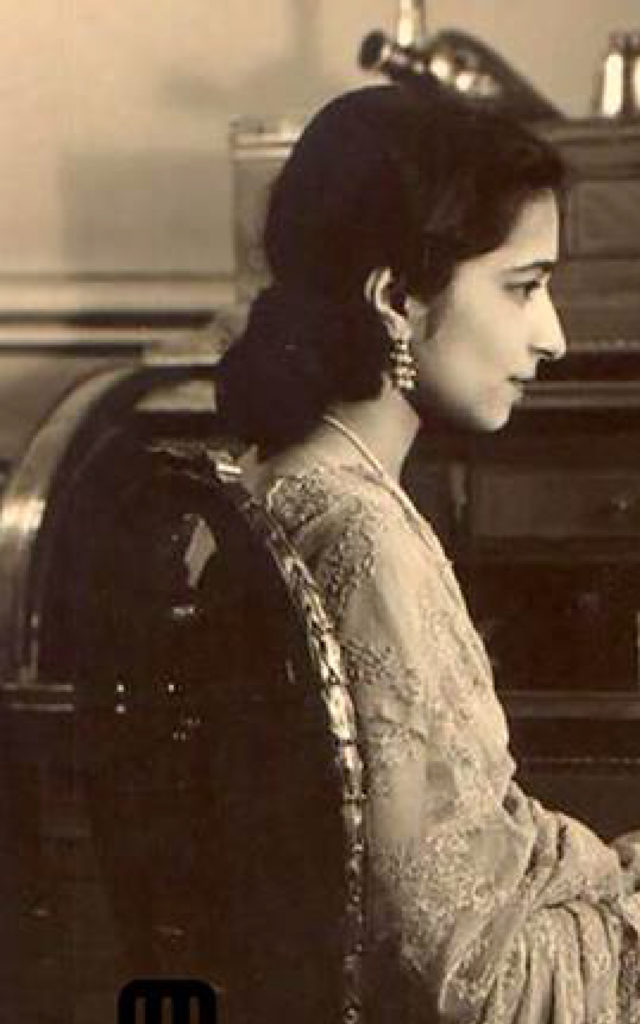
The Dream
Despite the considerable progress achieved by women all over the world, Muslim women in India continue to lag far behind in education and workforce participation. Statistical evidence from surveys, news reports as well as research studies from the last six decades (such as the Towards Equality: Status of Women report 1975, the Gopal Singh Report 1983, the Sachar Committee Report 2006 and Pam Rajput Report 2016) show that there has been very little improvement in human development of masses of Muslim women.
Historically, all women cutting across the religious divide in Indian society have remained deprived of their legitimate rights. This is doubly so in the case of Muslim women as they not only share the general backwardness of the women but also suffer because of the misinterpretation of personal laws, which gives unbridled power to males. Consequently, many of them are unable to make their full contribution to the social, political and economic life of the community.
There are a substantial number of Muslim women who are victims of outmoded and pernicious practices which are the distortions of the Shariat. These practices are often antithetical to the spirit and injunctions of the Holy Quran. They are the consequences of the hegemony of males who wish to dominate and of the women’s ignorance of their rights under their own religion.
The problems of Muslim women are multi-dimensional and need to be tackled on many fronts. The root causes of their misery are abject poverty and lack of education. The empowerment of Muslim women cannot be achieved unless the legal reform and political empowerment also encompass a comprehensive scheme for their educational upliftment and economic self-reliance.
Over the last 18 years, Muslim Women Forum has been acting as an active lobby group for obtaining for Muslim women all their legitimate rights enshrined in the Quran and the Shariat. It believes that it is imperative that Muslim women participate in all discussions that have a direct and proximate bearing on their lives and destinies and freedom to exercise their rights. The Forum thus mobilizes women to break the silence of centuries and raise their voices to demand their rights under Islam and as citizens of India.
There are well organized and articulate Muslim women’s groups in different parts of the country. The Forum hopes to coordinate their work so that their collective voices could be carried in unison to the highest level.
“God does not change the condition of a people, unless they change what is in themselves”
Qur’an: (al-Ra’d 13:11)
Objectives
- To provide a platform to Muslim women to discuss issues like education, socio and economic deprivation, the rights of Muslim women and other issues affecting their lives.
- To Create awareness by studying and assessing the conditions prevailing in the Muslim society in general and Muslim women, who are perhaps the most disadvantaged group among the weaker sections of the Indian society, regarding their rights.
- To collaborate and engage with stakeholders like parents, community members, government, civil society organisations for them to better understand and advocate the rights of Muslim women as well as involve them in the process of legal, social and economic reform.
- To arrange and enhance skill-building and development of human potential through educational, vocational and technical training courses for disadvantaged Muslim women to enable them to lead a self reliant life.
Meet our team
our founders
Dr. Syeda Saiyidain Hameed
- Dr. Syeda Saiyidain Hameed is a feminist and activists, educationist, writer, who is widely recognized for her passionate engagement in public affairs and social issues, especially for women, minorities and peace. She is a former Member of the National Commission for Women and a former member of the Planning Commission of India. She has engaged with several Indian and international civil society organizations in initiating path breaking changes. She is founder of organizations besides Muslim Women’s Forum, Women’s Initiative for peace in South Asia (WIPSA), South Asians for Human Rights (SAHR) and the Centre for Dialogue and Reconciliation. Current affiliations includes, Khwaja Ahmed Abbas Memorial Trust, National Foundation of India, The Hunger Project: Global Board Member, Population Foundation of India, Janvikas, Centre for Social Justice, Action Aid etc
Dr. Sughra Mehdi
- 1937 – 2014
- Dr. Mehdi was a writer, an academician, a women’s rights activist. She taught at Jamia Millia Islamia as a Professor in the Department of Urdu at Jamia Millia Islamia. She was a strong advocate of Jamia’s secular and liberal status. Her first novel ‘Paa ba Joolan’ was published in 1972 that beautifully covers the problems of her contemporary women. It was awarded by the Uttar Pradesh Urdu Academy.
Begum Saeeda Khursheed
- 1927 - 2015
- Born in Kaimganj, UP, she moved to Delhi when her father Dr Zakir Husain established Jamia Millia Islamia. Her early education was at a local government school in Karol Bagh where Jamia was then located. She wrote Zakir Sahib ki Kahani Unki Beti ki Zubaani. She was the Founder President of the Muslim Women’s Forum in 2000, inspiring the organisation to take the middle ground on issues of Muslim women’s rights. She led the organization to engage with all sections of Muslim society, activists and Ulema to resolve issues internally.
The Present Governing Board Members
Dr. Syeda Hameed
- President
Dr. Safia Mehdi
- Secretary
Prof. Akhtarul Wasey
Dr. Azra Abidi
Dr. Azra Kidwai
Dr. Aziz Qureshi
Dr. Belinda Bennet
Mr. Gagan Sethi
Ms. Shahrukh Alam
Ms. Louise Khurshid
Present MWF Team
Dr. Tazeen Mahmood
- Honorary Advisor
Mr. Harsh Aggarwal
- Honorary Advisor
Ms. Salina Wilson
- Honorary Advisor
Ms. Ruth Zothanpuii
- Senior Fellow
Noyana Khatoniar
Reyaz Ahmad
Sazid Ali
Projects
- Capacity and Leadership Building Training for Muslim Women
- Increasing Access and Quality of Primary Education for Muslim girls


